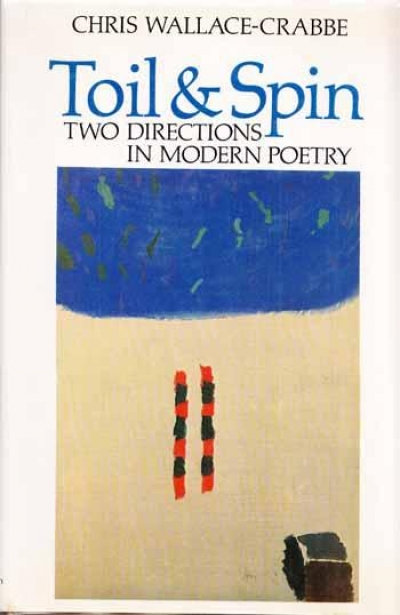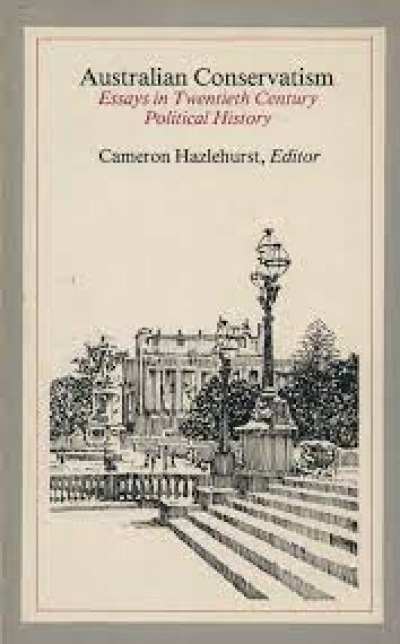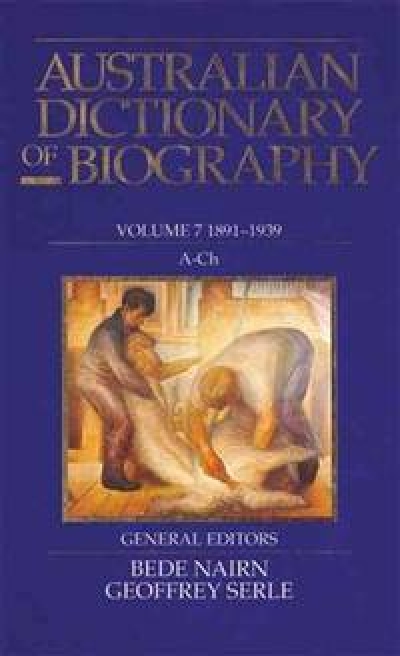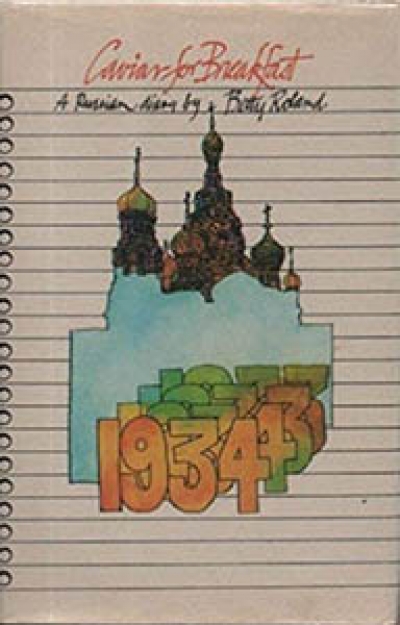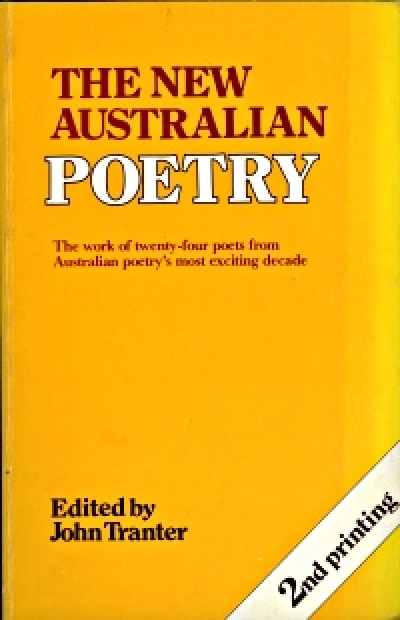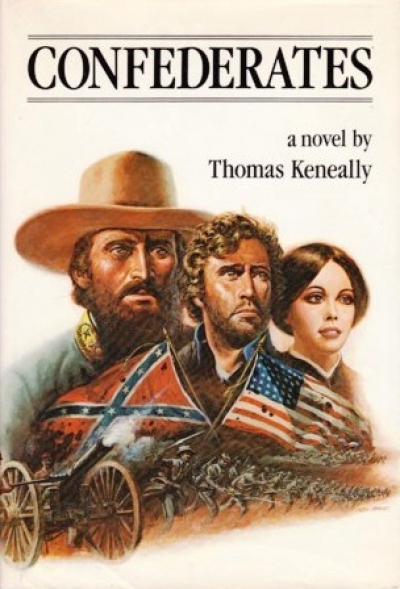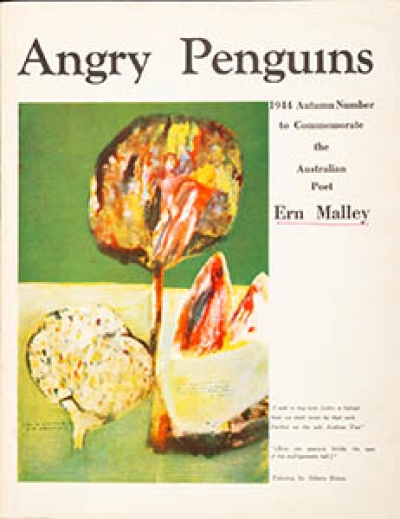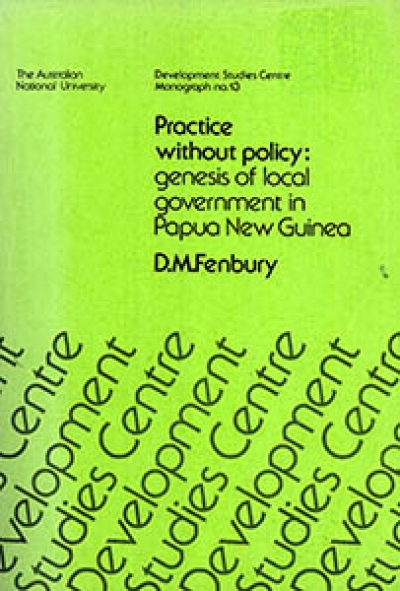Archive
Toil and Spin: Two directions in modern poetry by Chris Wallace-Crabbe
by John McLaren •
Australian Conservatism edited by Cameron Hazelhurst & The Deep North by Deane Wells
by Dan O'Neill •
The Australian Dictionary of Biography Vol 7 1891–1939, A–Ch edited by Bede Nairn and Geoffrey Serle
by Don Watson •
Angry Penguins edited by Max Harris and John Reed & Poetic Gems by Max Harris
by John McLaren •
‘Go, little book,’ or the book as emissary, is not the simple matter that it once was.
Australian books and their authors now go to most European and Asian countries on diplomatic duties.
The purpose is neither to broaden the writers’ lives nor to sell books abroad, but to supplement the Government’s other diplomatic initiatives.
... (read more)
